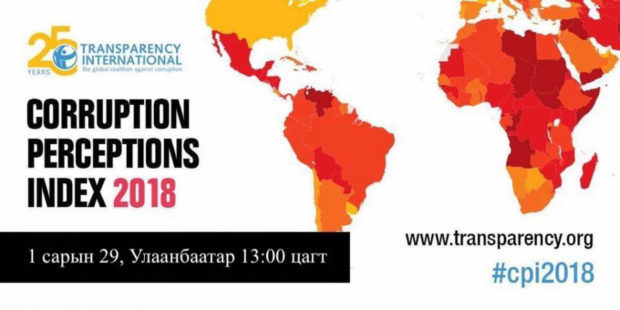Liars, corrupt officials and values formation

Checked against certain parameters and key indicators, Transparency International Index has time and again pointed to the Philippines as one among the world’s most corrupt countries. Shame! The president himself admitted it. Shame!
To remove the shame and combat corruption, recently, the Office of the Ombudsman proposed to strengthen values formation and religious education in schools.
In his meeting with multisectoral organizations, Ombudsman Samuel Martires said that the “shift from prosecution and investigation to values formation and religious education” is imperative.
Investigation and prosecution are reactive, for they come “after a corrupt act has been committed.” Prevention is more important, which starts in the training of “the five years old, six, seven, eight, nine…” he added.
The burden of formation goes back to parents, teachers, AND MORE. The burden of formation, if we are to be serious about its effective implementation, is also incumbent upon actors, cops, presidents, senators, congressmen, governors, mayors, barangay chiefs, TV hosts, and others, who should become a positive force in our society, a society so desperate for heroes and role models.
A good example has hundred times the force and impact of a good word. Otherwise, the disconnect between what is learned in schools and what kids see in us will turn into disillusionment and confusion.
On the opposite, the lack of moral ascendancy on the part of the public officials to set a good example is disgraceful. Without a spark of decency, bereft of spiritual backbone, a public leader cuss in his speech and the crowd cheers for more. Such kind of daily spectacle should not be seen by our kids, for, otherwise, they get confused.
Just to make it melodramatic, but it’s accurate to say, plunder and other worse forms of corruption started with one’s propensity to brush off two seemingly trivial human and universal values: Honesty and truthfulness.
FACT 1: Former president Joseph Estrada, who committed plunder, meaning, he stole hundreds of millions from the national kaban ng bayan, was formally charged, convicted by the sandiganbayan in 2007 after a long due process (trial), sentenced with reclusion perpetua, pardoned by his successor Arroyo a month after his conviction.
In this case, the highest form of corruption was committed by the highest official of the land. Shame! It all started with seemingly insignificant lying and a willful violation of the seventh commandment: “You shall not steal” in smaller scale.
FACT 2: A public official lied about her educational attainments, her non-involvement in a well-documented Trajano murder case, about her age, et cetera and, when confronted, she broadcasted in daylight that honesty is the least policy in governance because everybody else is lying? And she got elected?
Accepting her as “one of us who did good things to us,” the Catholic faithful of the Cordillera Administrative Region, Regions 1, and 2 overwhelmingly elected her into a national position. Then they went to Mass when Sunday came, received Holy Communion, and made mano po to the apopriest-celebrant, as if everything was just normal.
Values formation and religious education, if we are to be serious about its effective implementation, must begin with role modeling. And it must begin with little things like honesty and truthfulness.
Jose Mario Bautista Maximiano (jomaximiano@gmail.com) is the author of 24 PLUS Contemporary People: God Writing Straight with Twists and Turns (Claretian, 2019), and The Church Can Handle the Truth: Mercy-Healing of Historical Wounds (Claretian, 2017), top-three finalist in the 2018 Cardinal Sin Catholic Book Awards’ “Best Book in Theology.”

